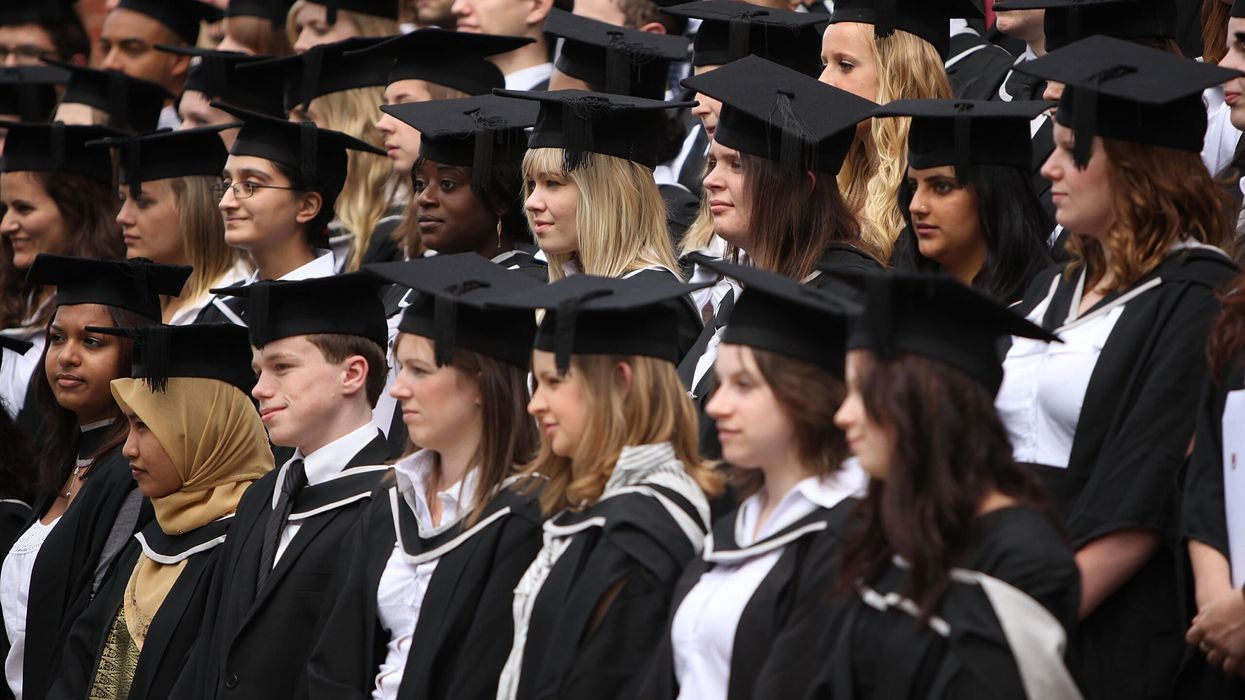LEADERS at some of the UK's most prestigious universities have spent close to £1 million on international travel over the past three years, despite ongoing warnings about financial challenges within the higher education sector.
An analysis by The Times revealed that vice-chancellors at the 24 Russell Group universities, representing the country’s most renowned universities, have claimed significant amounts for trips abroad, luxury hotels, and even home renovations.
This comes as many universities continue to face financial strain, with tuition fees capped at £9,250 since 2017. Although fees are expected to rise in the autumn, forecasts indicate that many universities could experience budget deficits by 2025-26.
The spending on travel and accommodation has raised eyebrows, especially as university leaders warn of worsening financial difficulties. In the 2023-24 academic year, vice-chancellors at these institutions received an average pay and benefits package of £405,000, in addition to £4,300 in expenses, which included international travel averaging £20,600 per leader.
Some, such as the vice-chancellors of the London School of Economics (LSE), Bristol, Cardiff, and Nottingham, claimed more than the average UK salary of £35,000 in expenses alone.
One notable example is Shitij Kapur, vice-chancellor of King’s College London, who spent more than £35,000 on furniture and renovations for his university-provided apartment in June 2021.
He later embarked on a two-day trip to Phoenix, Arizona, where he stayed in a £500-a-night hotel. The trip, costing around £8,000, was linked to a collaboration with universities in Australia and the US aimed at addressing global challenges.
Nottingham's vice-chancellor, Shearer West, also saw significant spending, with over £86,000 spent on flights in just two academic years. Her travel included destinations such as Jakarta, Kuala Lumpur, Sydney, and New York.
At the same time, Chris Day, vice-chancellor of Newcastle University, highlighted the pressure universities face, claiming that the sector is having to "do more for less" with fewer resources. His international travel expenses exceeded £26,000 over the past two years, further fuelling concerns about university leaders' spending habits amidst claims of financial difficulties.
The Russell Group, however, defended the spending, stating that vice-chancellors' international travel is crucial for fostering global partnerships and securing funding.
A spokesperson explained that these trips help build networks that support UK trade, research, and academic growth, with leaders meeting business partners, government officials, and research collaborators.
However, the extravagant expenses come at a time when universities are under pressure to demonstrate financial responsibility. Many institutions are being urged to tighten their belts and curb waste. University leaders are also calling for an increase in tuition fees, with some suggesting a rise to £12,500 to ensure universities can break even.
Oxford’s vice-chancellor, Irene Tracey, spent nearly £16,000 on international trips in the past academic year, including £4,000 on airport transfers. Despite criticisms, the university stressed that Tracey’s travels are essential for maintaining Oxford’s position as a global leader in research and education.
Former Cardiff vice-chancellor Colin Riordan, for example, spent over £26,000 on flights to destinations such as India and South Africa in just five months, a decision Cardiff University defended by explaining that international travel plays a crucial role in securing global partnerships and donations.
As the debate over university funding and leadership spending continues, many are questioning whether these extravagant expenses are justifiable in the face of financial uncertainty within the higher education sector.
The Russell Group, however, maintains that universities must be managed efficiently and transparently, with all expenses closely monitored.





